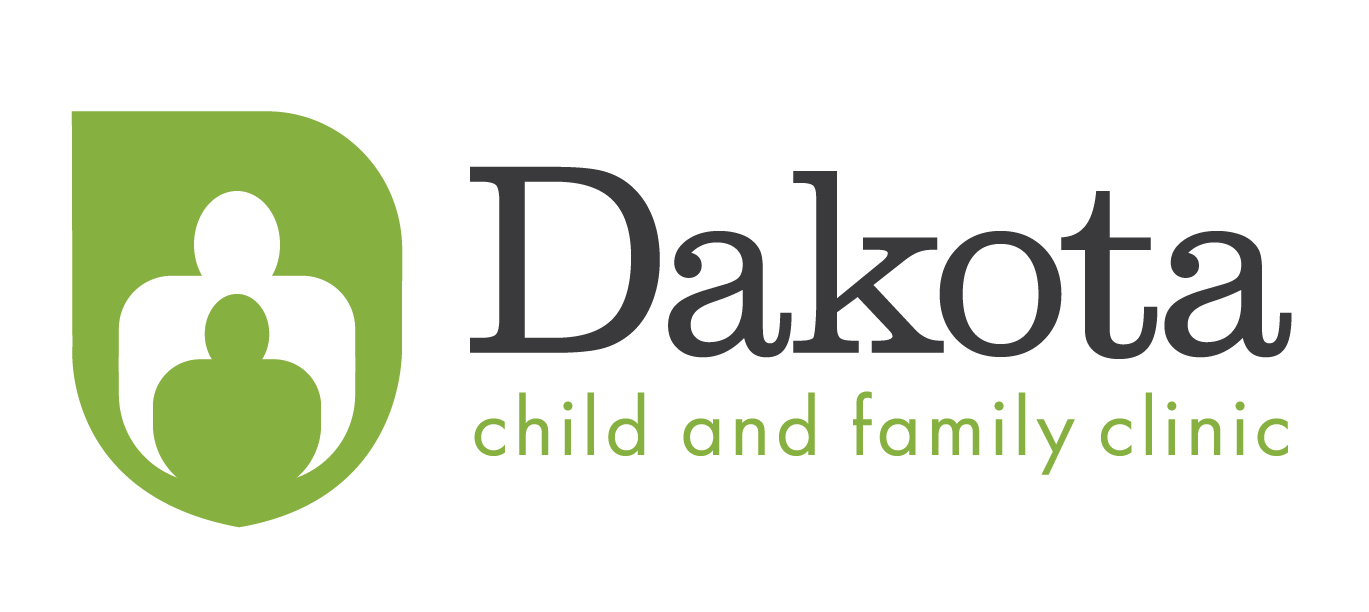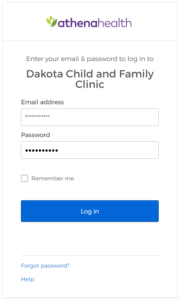Sliding Fee FAQ
What is a sliding fee scale?
Our sliding fee scale is a means to provide affordable, low cost primary care services to uninsured and underinsured patients. The scale is based on family size and household income. It is for household who are at or below 250% of the current Federal Poverty guidelines.
Can I complete a sliding fee scale application at the same time of my appointment?
No, we request that you submit an application 1-2 weeks before your appointment to ensure you have the correct financial documentation.
If I qualify, will you provide me with an exact amount for the appointment?
Unfortunately, we are unable to provide an exact cost of the appointment. Many factors determine the cost. We provide a range for the appointment and provide payment plan options.
What documents do I need to send with my application?
Supporting documents may include, but are not limited to:
-paystubs from work (last 3 months)
-W-2 form
-Most recent copy of tax return
-Most current bank statement
-Disability income
-Worker’s compensation
-Retirement benefit statement
-Unemployment determination letter
How do I get a sliding fee scale application?
You can come in to the clinic to receive a hardcopy or email [email protected] to request a copy.
Can I make an appointment before I complete the application?
Yes, however, if your application is incomplete you will liable for the entire amount. It is best to submit your application and make an appointment at that time.
Why does Insurance need my gender?
Insurance companies require an assignment of gender at the initial acquisition of an insurance plan for known coverage. If you or your child’s gender identity does not match what is on file with insurance, they may reject coverage of services. For that reason alone, we must keep the gender assigned at birth, or gender assigned upon acquisition of insurance the same for submitting claims only. Your medical chart reflects you, and will honor your gender identity.
“WPATH standards of care are the guidelines that most large organizations follow. In fact, they are the only formal care guidelines that are widely accepted by the medical and insurance communities. WPATH updates its surgery and treatment guidelines every five to 10 years. In general, these standards of care have become less restrictive over time. This reflects the growing recognition of gender diversity in society.” (https://www.verywellhealth.com/insurance-requirements-for-gender-confirmation-surgery-4136743)


